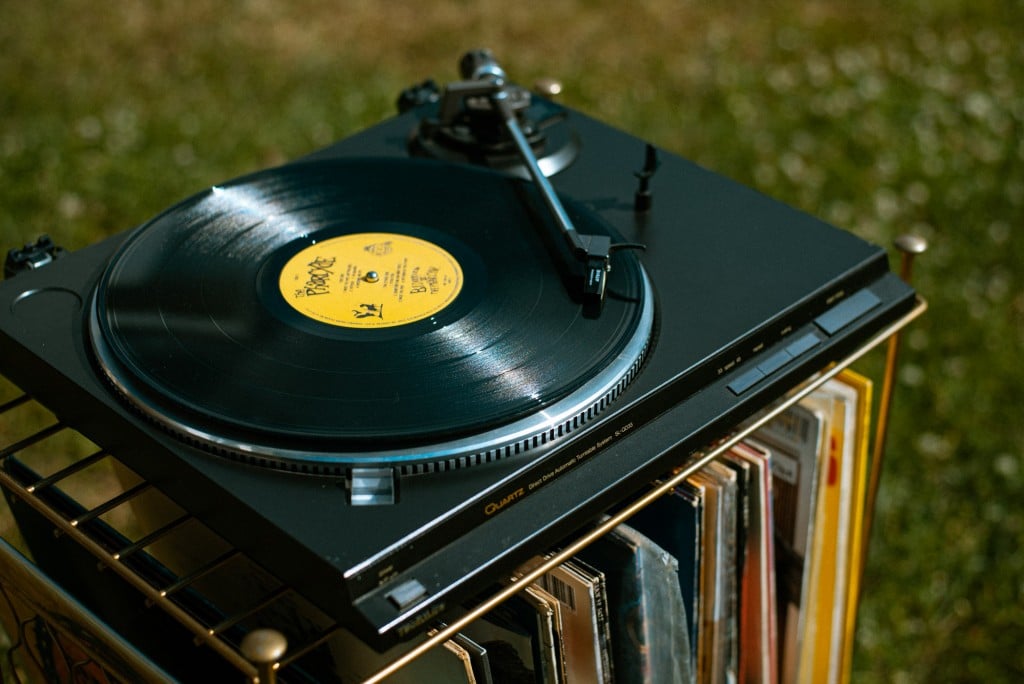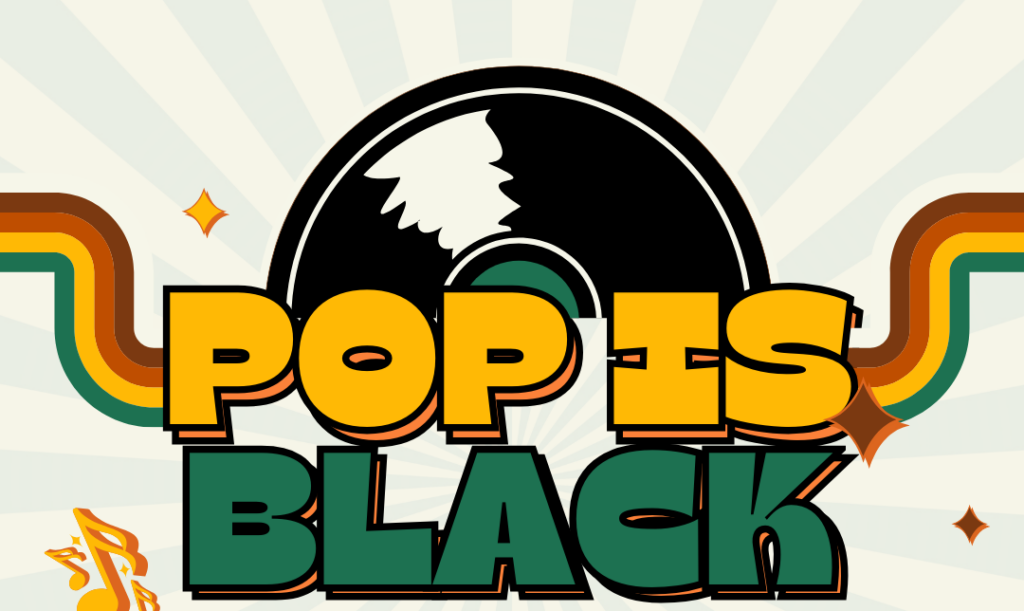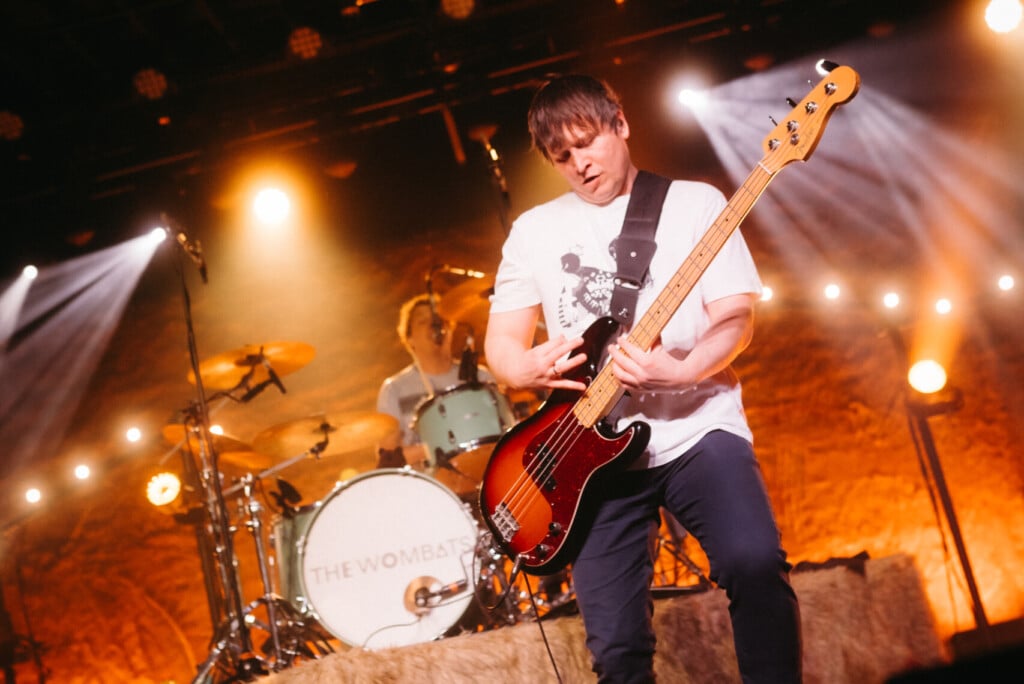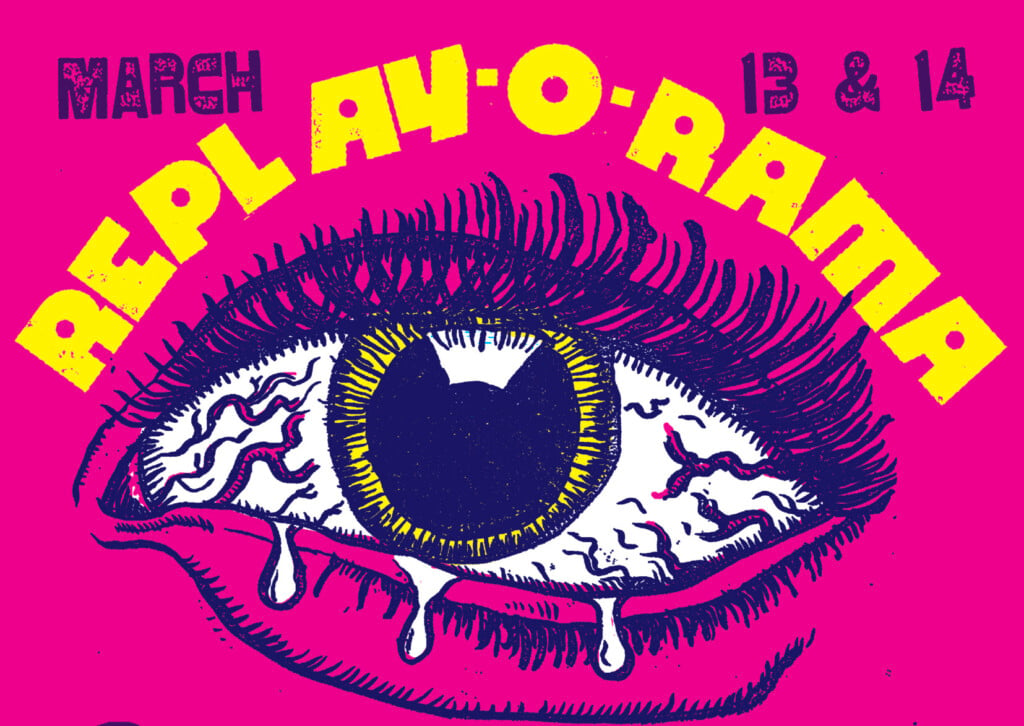Chopstick Together
What do you get when you throw some academically inclined kids in a room full of alcohol, low-grade drugs and instruments and tell them to go at it? No, not Trout Mask Replica, but close — Lawrence’s Teriyakis. Actually, I’m not certain about the alcohol and low-grade drugs, but the presence of such substances would go a long way toward explaining the warped and mysterious sounds on last year’s Haunted Hungarian Sauna and on the crystalline upcoming release, Pre-Literate, Post-Necessary. Even the band’s album titles sound nerdy, but this isn’t quite geek-rock.
Collected from recordings done over the past four years (including some with Chi-town überproducer Bob Weston), the material on these records ranges from straight-up rock and roll to electronically enhanced arias, but it’s all done with the twisted zest that only the Teriyakis bring to the proverbial table. Just don’t ask the group’s Hiram Lucke to elaborate on any of that, because as vociferous and forthcoming as the Teriyakis are in their meandering songs, you get only a fraction of that when it comes time to converse. For instance, in its most recent press release, the band boasts about lifting a line from a Grand Funk Railroad song and a guitar riff from a Kinks tune (uncredited on the album, no less), but when confronted, Lucke becomes somewhat evasive.
“Actually, that was kind of a joke … musically,” he confesses. “On one song we lifted a Kinks line, and that’s something I just sort of did, but there’s a lot of stuff on that album like that … or at least it sounds like it came from something else. That’s all just sort of a joke, though, because the album is really all over the place. It’s sort of this long academic record. Or at least that’s the way I see it.”
Not that he would want you to see it that way, nor should you. Even though the Teriyakis owe more to Captain Beefheart than GFR or the Kinks, their records are remarkably accessible to listeners who don’t fancy themselves music nerds. Lucke admits as much when he asks at the end of our chat, “Don’t make us sound too boring, okay?” and for good reason. The Teriyakis make music that is complex, to say the least, but like the Kinks or any other band of classic rockers, their songs are inherently fun — a trait the band exudes that can’t help but make its way into the music. “Well, we write the songs sort of democratically,” Lucke says, “but someone might bring in something and we all sort of mess around with it, but then some of those songs seem to just sort of happen.” To the untrained ear, it might seem as if a lot of them just sort of happen. “I guess a lot of them do have that spontaneous feel to them,” he muses. “But really, that’s what makes this band so much fun: the fact that we can all be spontaneous and move in the same direction. There’s nothing more absurd than a band that can’t have fun with what it’s doing.”
Of course, a lot of bands have fun with what they’re doing, but that doesn’t mean they’re good. The difference is that while the Teriyakis have a blast making their good-time music, so do the people listening to it and critiquing it. That said, the Teriyakis are anything but a surface band, just putting out songs for fun, a lesson I learn the hard way when I suggest that people shouldn’t try to read anything extra into their songs. “Oh, no!” Lucke counters. “I think that they should read whatever they want into it and hopefully come away with something. I mean, if I thought this was all just useless, or whatever, I wouldn’t be doing it. It all has meaning to me … it just shouldn’t necessarily mean the same thing to you. I just hope that the people who want to come and see us go away thinking something besides the fact that we all must be crazy.”
His concerns aren’t unfounded; listeners who don’t know any better might consider that a logical conclusion. But there is a method to their madness, as Lucke reveals when discussing the inspiration for their songs — tunes that favor ironic, postmodern pop-culture references written by men who aren’t particularly involved or concerned with current pop culture.
Take the group’s nod to the other Captain in their lives, “Captain Stubing,” a particularly catchy number on PL, PN that celebrates the life and times of the Love Boat’s head honcho. “It kind of sounds like the Love Boat, like the whole idea of the Love Boat,” says Lucke, free-associating. “I kind of feel like we’re on the Love Boat — like the house band.”
So where do all those pop-culture references come from?
“Well, sometimes they’re from childhood; other times it’s from reading something interesting, like that song ‘Carson Robbins’ Boots.’ Carson Robbins was a man born in Chetopa, Kansas, and he became a pretty popular vaudeville, country star, and he ended up going over to perform in England, and he performed for the Queen of England. Not that one you see on TV now, either, but the really, really old one. Anyway, she really liked his boots, but they were of course too big for her, but Carson had a woman in his band and he told her to give the Queen her boots, and she did, and those became Carson Robbins’ boots, even though they weren’t really his.”
Like I said, it’s not geek rock … but it’s close.




